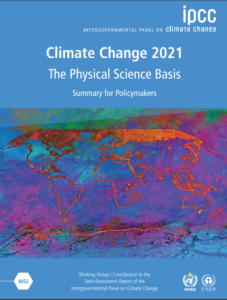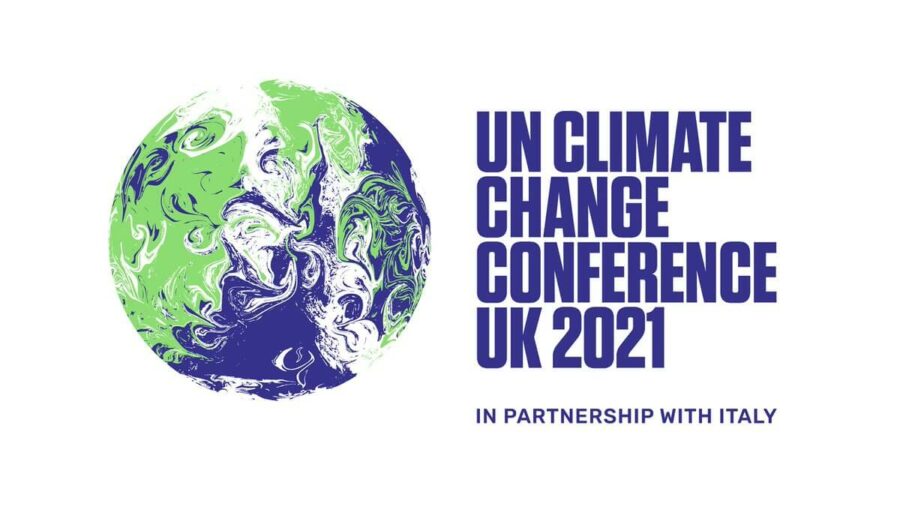Climate in 2021: assessments and perspectives
Two major international events marked the year: the publication of the IPCC report in August and COP26 in November. These events only confirmed the crucial importance of climate education.
Key facts about 2021
- 2021 was one of the seven warmest years on record globally.
- Global warming: It was the warmest year on record for 25 countries and regions where 1.8 billion people live.
- Extreme weather: 2021 saw the hottest Northern Hemisphere summer (June, July and August) on record over the world’s landmass, as well as extreme heat waves, forest fires and precipitation.
- Greenhouse gases: concentrations reached record levels for CO2, methane and nitrous oxide.
The IPCC report in a nutshell
- 100% of global warming over the last decade is due to human activities.
- 1,000 billion tonnes of CO2 have been emitted since 1990.
- The last 10 years have been 1.1°C warmer than the period 1850-1900.
- Among the consequences: many extreme weather and climate events (heat waves, heavy rainfall, droughts and cyclones)
- Many changes are irreversible, including changes in the oceans, ice caps and global sea levels. Other changes can be slowed down and some stopped, by limiting global warming.
- In all emissions scenarios ( with the exception of the lowest), we will cross the global warming threshold of +1.5°C between 2021 and 2040.
- If we achieve carbon neutrality, global warming should stop


The "Glasgow Climate Pact" of COP26 in a few words
- 190 countries committed to phasing out coal from 2030 onwards, and to “no longer support the creation of new power plants”. This is the first time there has been any mention of coal being phased out, but gradually… At the same time, more than 40 countries have agreed to abandon coal.
- More than 100 countries have committed to a 30% reduction in global methane emissions by 2030, compared to 2020 levels. Eleven countries have announced the creation of the ‘Beyond Oil and Gas’ Alliance, which aims to end the issuing of permits for hydrocarbon exploration and production.
Coming in 2022
- In February and March, the IPCC will publish the next two parts of its 6th report.
- From 9 to 11 February, the One Ocean Summit will take place, the first international gathering dedicated to the oceans, which will bring together some thirty world leaders, scientists, major companies and civil society representatives. On the agenda will be the issue of sea level rise in particular.
- In July, the UN conference will bring together states, industry, civil society organisations and young people from around the world to find solutions to protect the oceans and marine biodiversity.
- COP27 will take place from November 7th to 18th, 2022, in Sharm el-Sheikh, Egypt.

